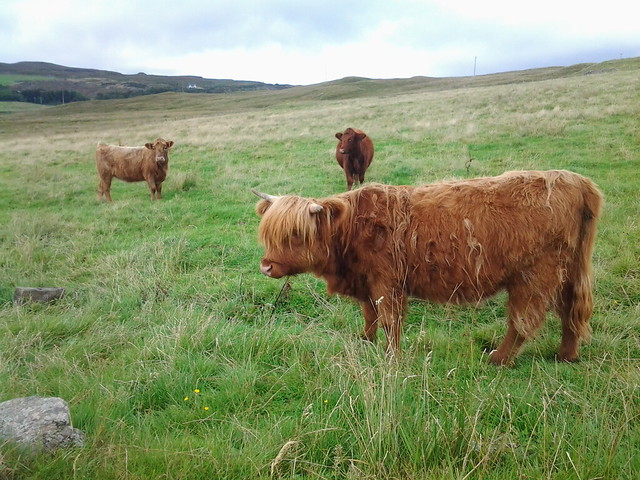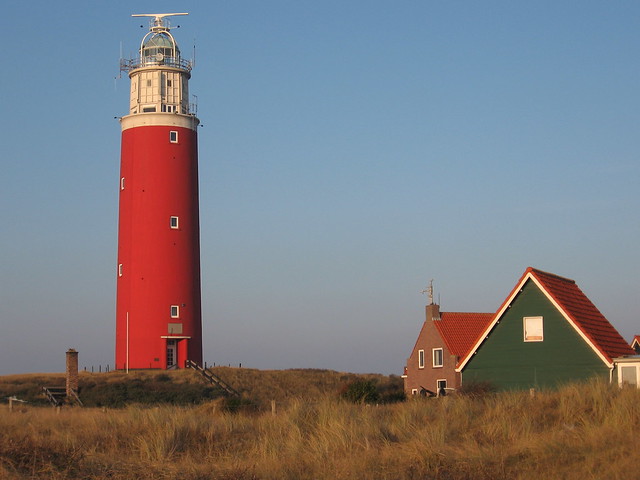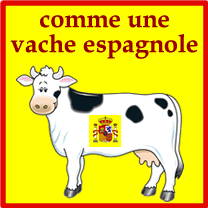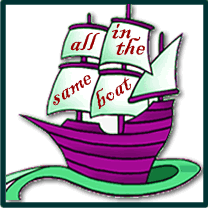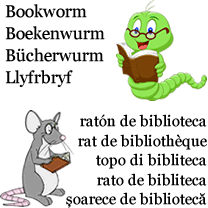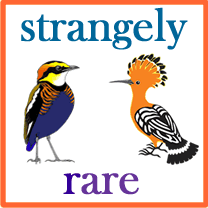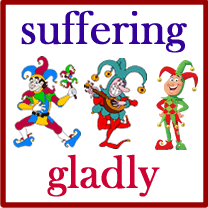
Yesterday I added details of a language called Akawaio (Ka’pon) to Omniglot. It’s a Cariban language spoken mainly in northern Guyana, and also in northern Brazil and eastern Venezuela, by about 6,380 people.
You may be wondering why I mention this. What’s so special about this language? Well, it just happens to be the 1,500th language I’ve written about on Omniglot, and it feels like a significant milestone to me. There are many more languages out there: 7,139, according to Ethnologue – so only another 5,639 to go! That should keep me busy for a while.
Of the languages on Omniglot, the majority (1,107) are written with the Latin alphabet. There are also 126 written with the Cyrillic alphabet, 75 written with the Arabic alphabet, 72 written with the Devanagari alphabet, and smaller numbers of languages written with other alphabets and writing systems. [More language and writing stats]
It’s becoming increasingly challenging to find information about languages that don’t yet appear on Omniglot. About 4,065 of the world’s languages have a written form, although many are rarely written, and the remaining 3,074 are probably unwritten [source]. There is little or no documentation for many languages, and what documentation there is can be difficult to find. Inspite of this, I will continue to add new language profiles to Omniglot, and appreciate any help you can offer.

I’ve been working on Omniglot on my own since 1998 – there are no minions or other assistants to help me. However, many other people have contributed to Omniglot, by sending me corrections, new material, suggestions, donations and so on, and I am profoundly grateful to all of them.
This is the 3,414th post I’ve written on this blog since launching it in March 2006. At first I tried to write something every day, but soon realised that was too much. At the moment I aim to write two posts a week, plus the language quiz on Sundays.
In April 2007 I started uploading videos to YouTube. Some of the videos feature silly little conversations in languages I’m learning. Others involve music-related events I’ve taken part in, and tunes and songs I’ve written. In 2021 I started uploading videos more regularly, particularly videos about words and etymology, and some songs as well. As well as the Adventures in Etymology videos I upload on Sundays, I plan to make videos featuring alphabets, phrases, etc in a variety of languages. Here’s one I made of the Danish alphabet:
Since June 2018 I’ve made 42 episodes of the Radio Omniglot Podacast, and 5 episodes of Adventures in Etymology, a new series I started in March 2021. It started as a series of videos I made for Instagram and Facebook, then I posted them on Youtube as well, and decided to add them to the Radio Omniglot site. I have ideas for other series I could make for Radio Omniglot, and would welcome any suggestions you may have.
In September 2018 I launched the Celtiadur, a blog where I explore connections between Celtic languages. This is based the Celtic cognates part of Omniglot. So far I’ve written 227 posts, and add a new one every week.
Since 1998 I’ve become fluent in Welsh and Irish, regained my fluency in French, maintained my fluency in Mandarin Chinese, more or less, and have learned enough Esperanto, Scottish Gaelic, Manx, Spanish, Swedish, Danish and Dutch to have at least basic conversations. I’ve also learnt quite a bit of Russian and Czech, and some Romanian, Cantonese, Slovak, Slovenian, Serbian, Icelandic, Faroese, British Sign Language, Breton and Cornish.
I’m currently concentrating on Spanish, Swedish, Danish and Dutch, while trying to maintain my other languages, particularly French and Welsh. For the past 4 years or so I’ve studied languages every day on Duolingo – my current streak reached 1,369 today. I’ve also been using Mondly and Memrise. [More about my language learning adventures].
While not working on Omniglot or learning languages, I like to sing, play musical instruments and write songs and tunes. My musical adventures started long before Omniglot, but for many years after leaving school I only really listened to music. In 2005 I started going to Ireland every summer to learn Irish language, and also Irish songs, tunes and dances. This inspired me to take up music again. Since then I’ve learnt to play the guitar, mandolin, ukulele, cavaquinho and harp, and started playing the recorder, piano and tin whistle again. I’ve learnt songs in many different languages, and written quite a few songs and tunes.
Here’s a song I wrote in 33 different languages:
Enough of this shameless self-promotion. What about you? Have you reached any significant milestones recently?
